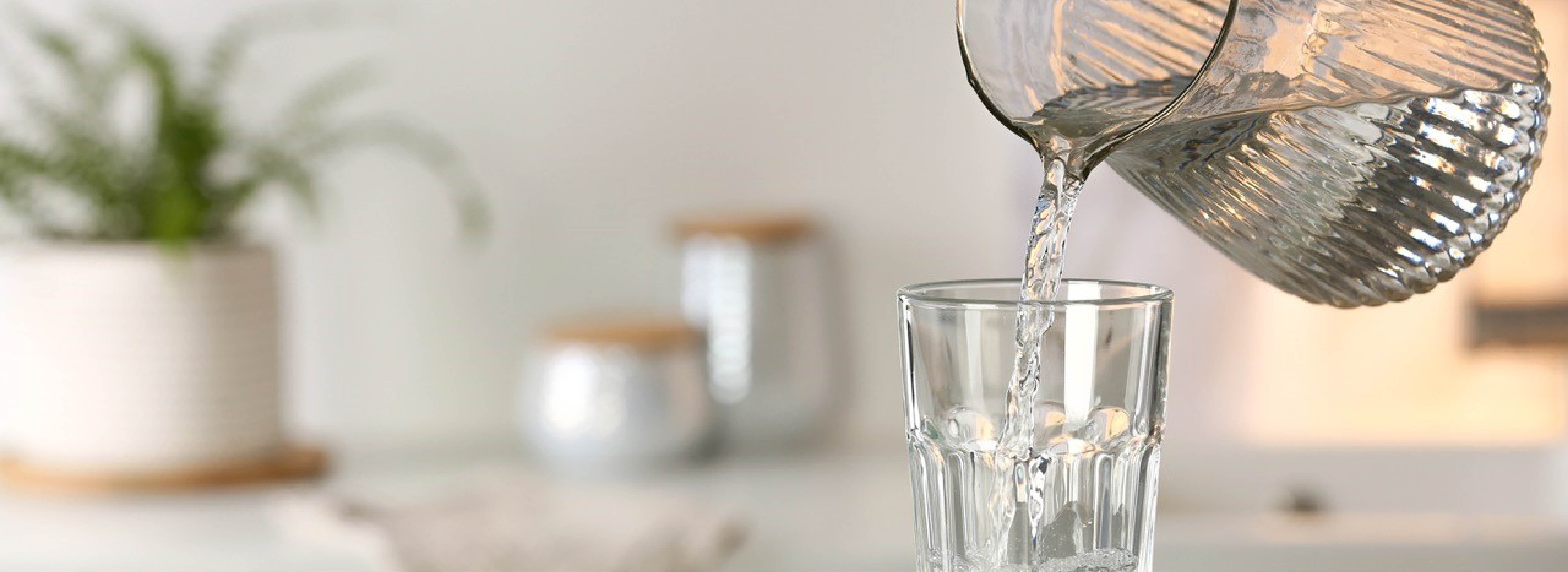Skin and Mucous Signs
One of the first signs of dehydration is changes in your skin and mucous membranes. Pay attention to your skin's elasticity. Gently pinch the skin on the back of your hand; if it doesn't quickly return to its normal position, this could indicate dehydration.
Additionally, dry mouth, eyes and nasal passages are common early symptoms. If you notice increased dryness or discomfort in these areas, it's time to increase your fluid intake.

